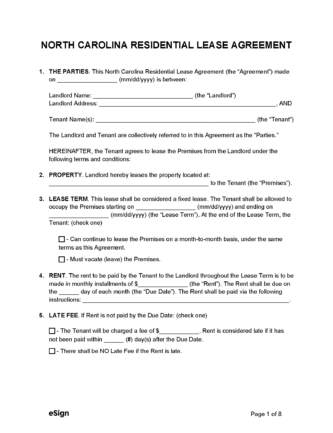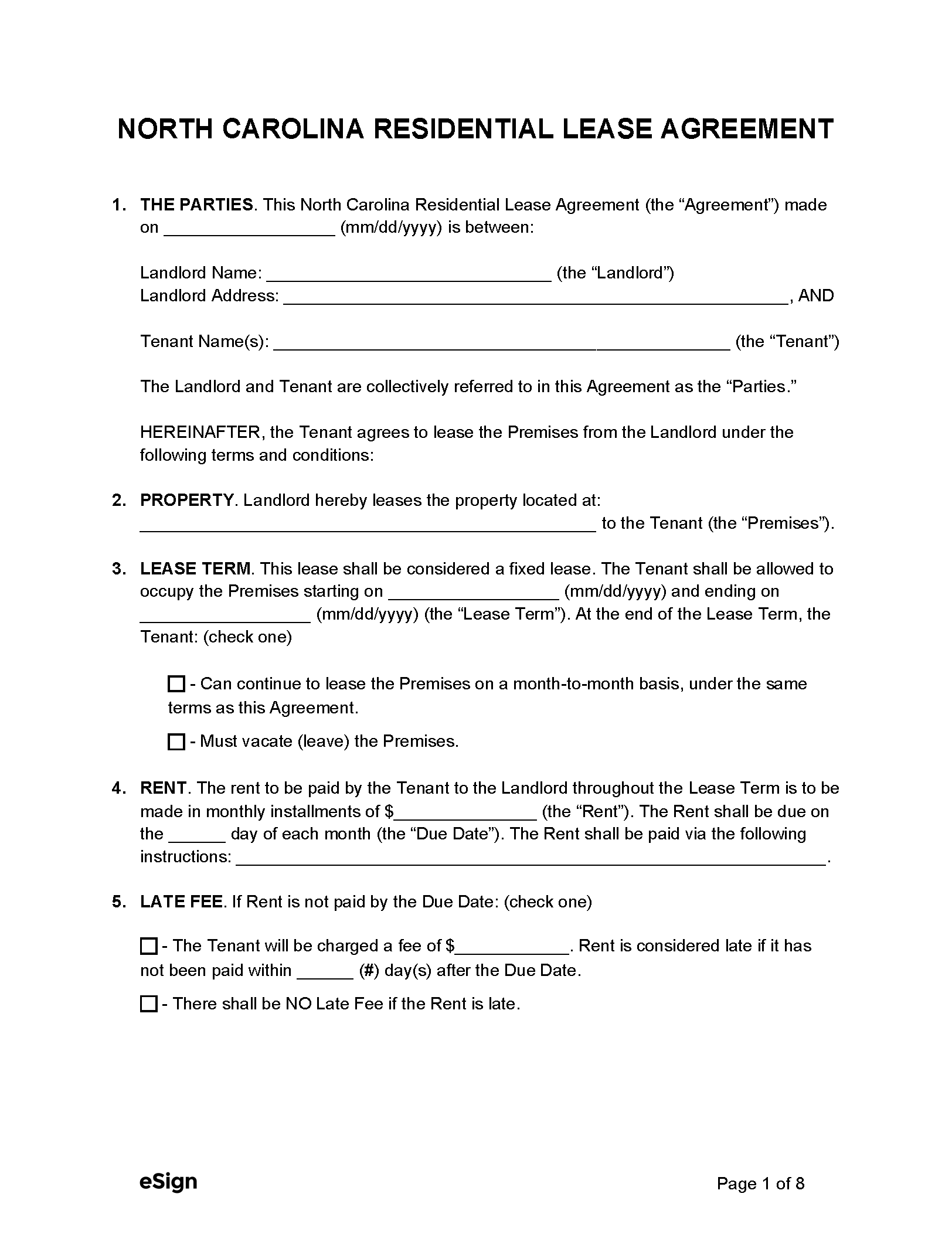Required Disclosures (2)
- Lead-Based Paint Disclosure (PDF) – Landlords must notify tenants of the possibility of lead-based paint on the premises in housing built pre-1978.[1]
- Security Deposit Disclosure – Within 30 days after the lease term begins, tenants must be provided the details of the bank where their security deposit is kept (or if held in the form of a bond, the insurance company’s name).[2]
Rent Grace Period
The tenant has five days after the rent due date to pay the landlord before late fees can be charged.[5]
Landlord Resources
- Landlord and Tenant – Chapter 42
- Handbooks (Guides):

